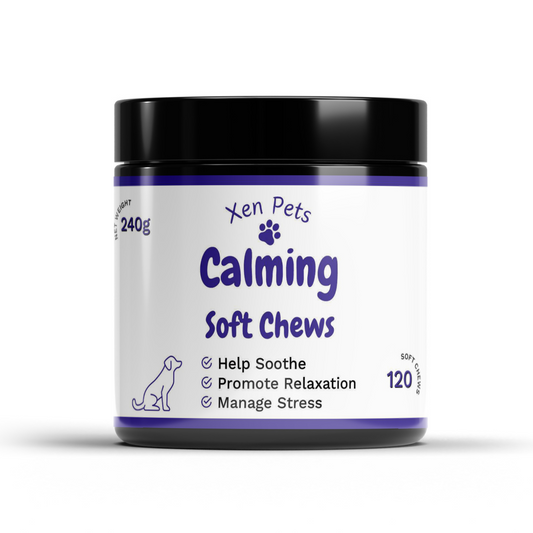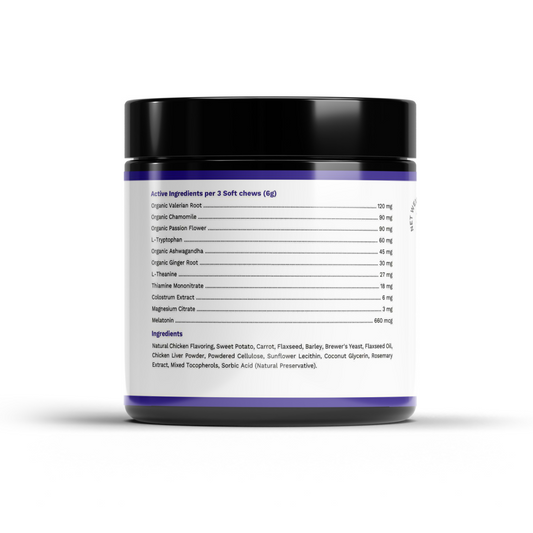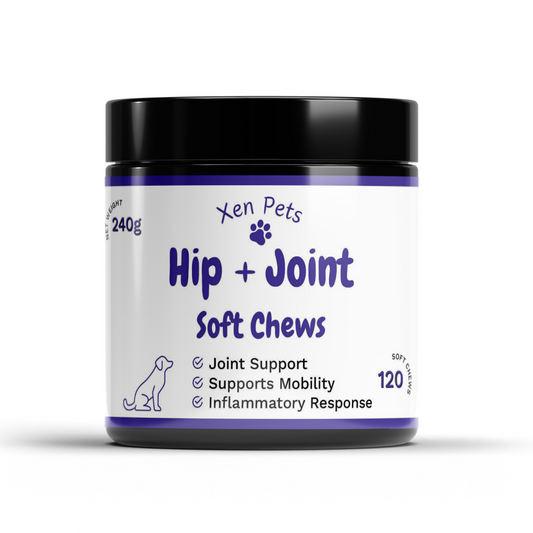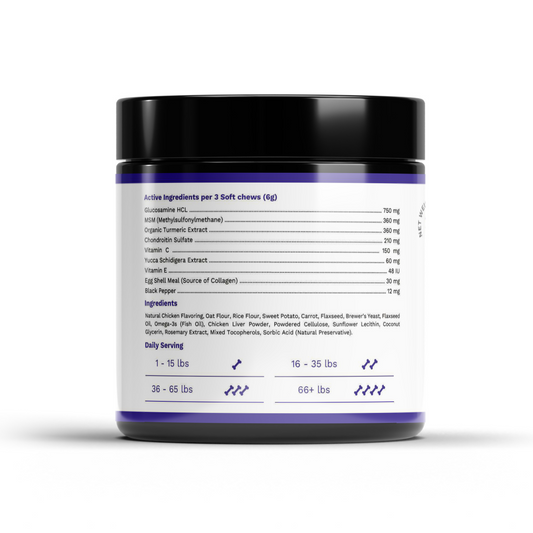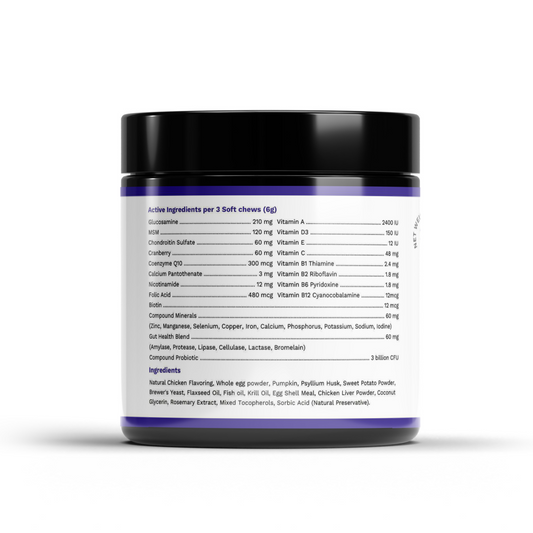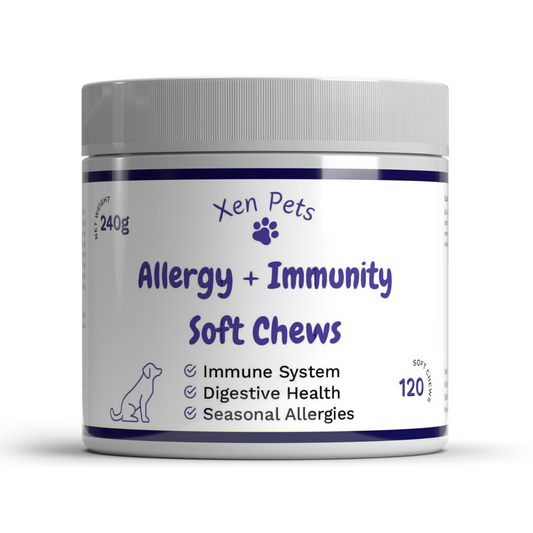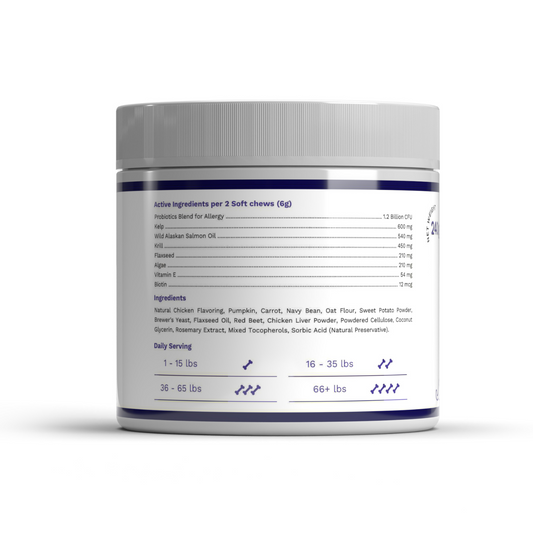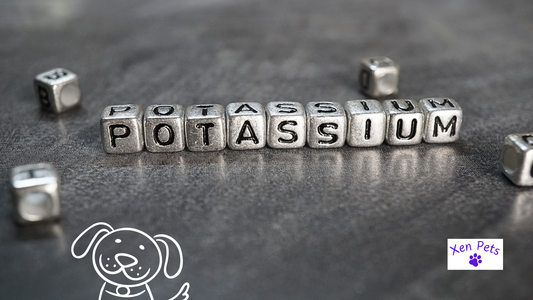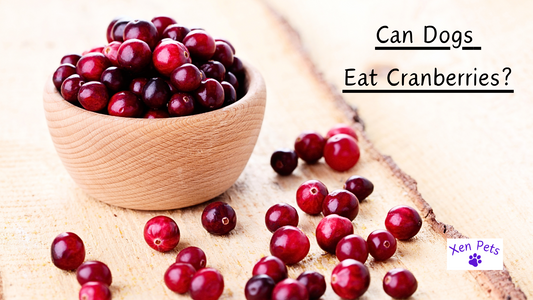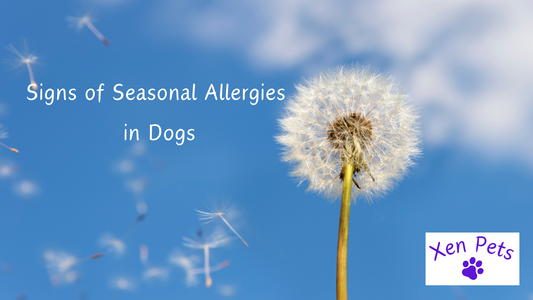Why Is My Dog Panting So Much All of a Sudden?
Tory JohnsonShare
Do you ever wonder why your dog is panting so much? If so, you’re not alone.
Panting is one of the most common ways that dogs cool themselves down – similar to humans sweating! But there may be additional reasons for your dog's panting.
Understanding why your dog may be panting excessively is important for your dog's health. In this blog post, we’ll explore the various reasons behind excessive panting, and how to stop it when necessary.
5 Reasons your dog is panting a lot
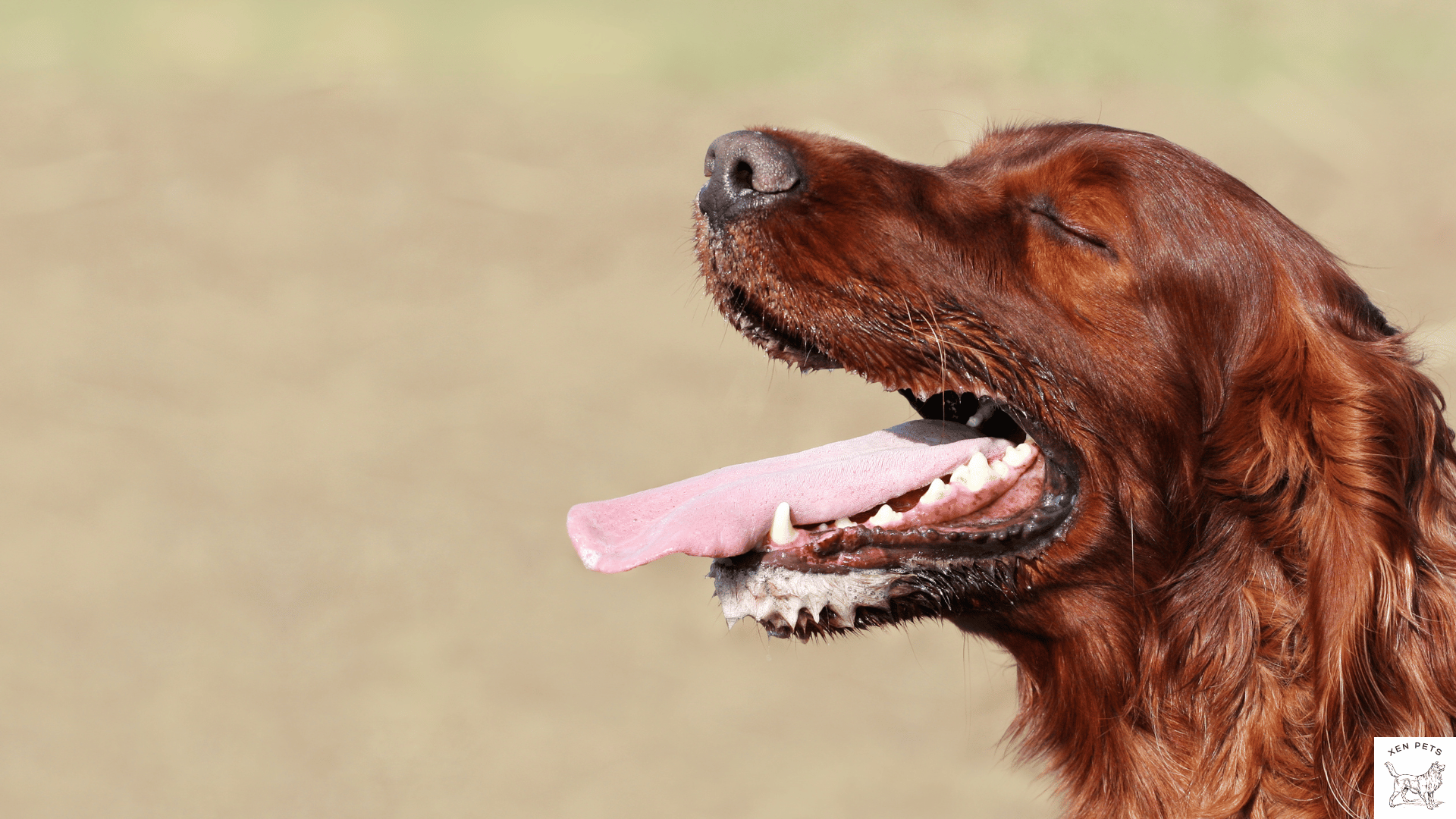
Dogs pant, it's a natural and essential part of their behavior.
However, if you notice your furry companion has been panting excessively, it might be concerning.
While panting can be normal, too much of it can indicate underlying health issues. This could range from anxiety to heatstroke, among other conditions.
Providing your pooch with enough water and cooling them down during hot weather may help ease excessive panting.
However, it's recommended to take your pet to the vet if you're worried about their panting habits.
Let's explore five reasons why your dog might be panting a lot.
1. Your dog is in pain
As a dog owner, you may be familiar with the sound of panting. However, if you notice your furry friend panting excessively or in an abnormal way, it could be a sign that they are in pain or discomfort.
Abnormal panting may include panting more frequently, heavily, or in short bursts.
It's important to pay attention to your dog's behavior and take note of any changes in their panting patterns.
If you suspect that your dog is in pain or discomfort, it's best to seek advice from a veterinarian to ensure that they receive the proper care and treatment.
Remember, your dog's health and well-being should always be a top priority. Panting is one of the warning signs your dog is crying for help.
2. Your dog is trying to cool off
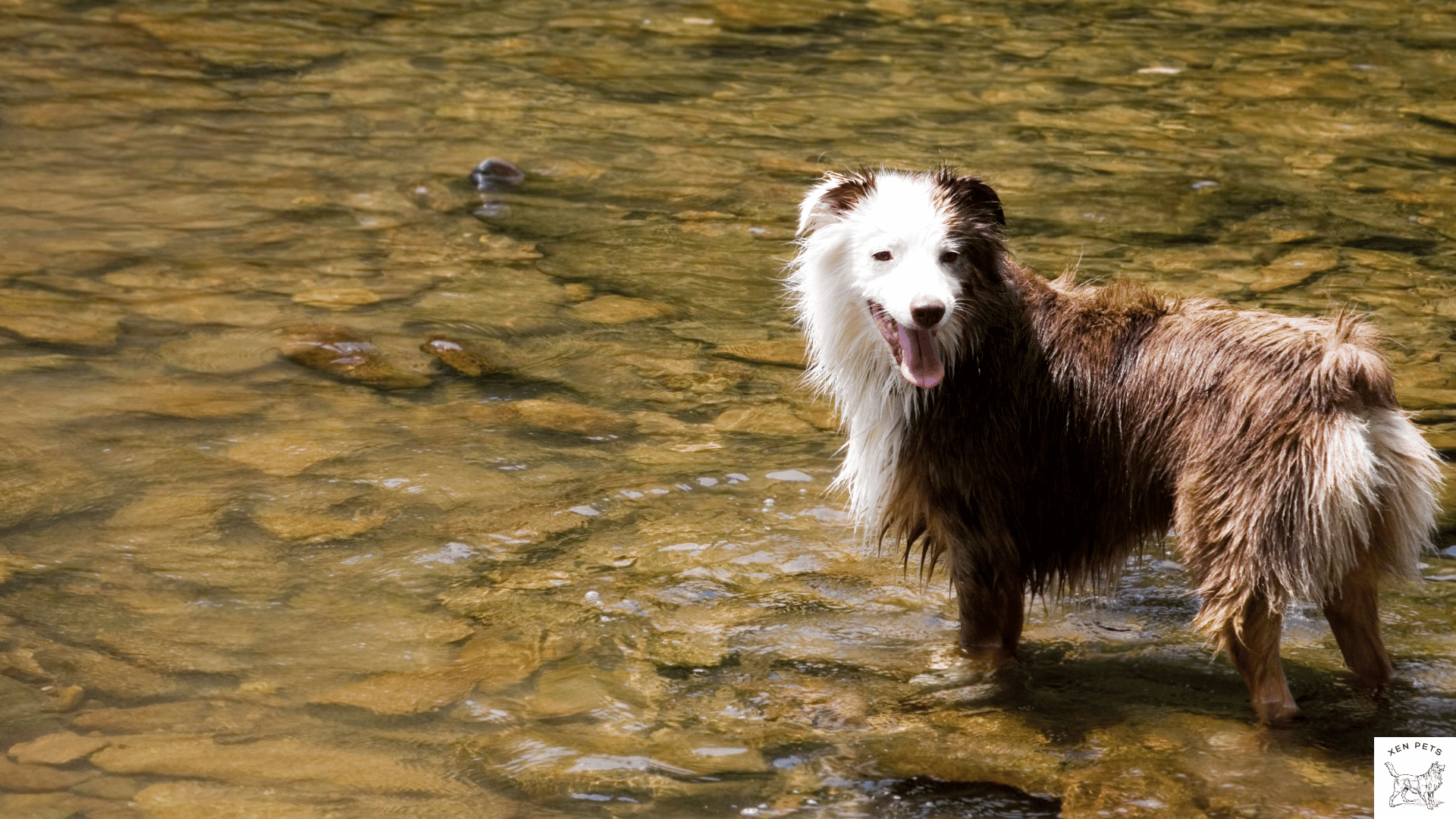
Unlike humans who sweat, dogs release heat through their tongues by panting.
It's their way of regulating their body temperature and preventing overheating.
You may notice that your dog pants more frequently in hot weather or after exercising.
3. Your dog is excited or overly stressed
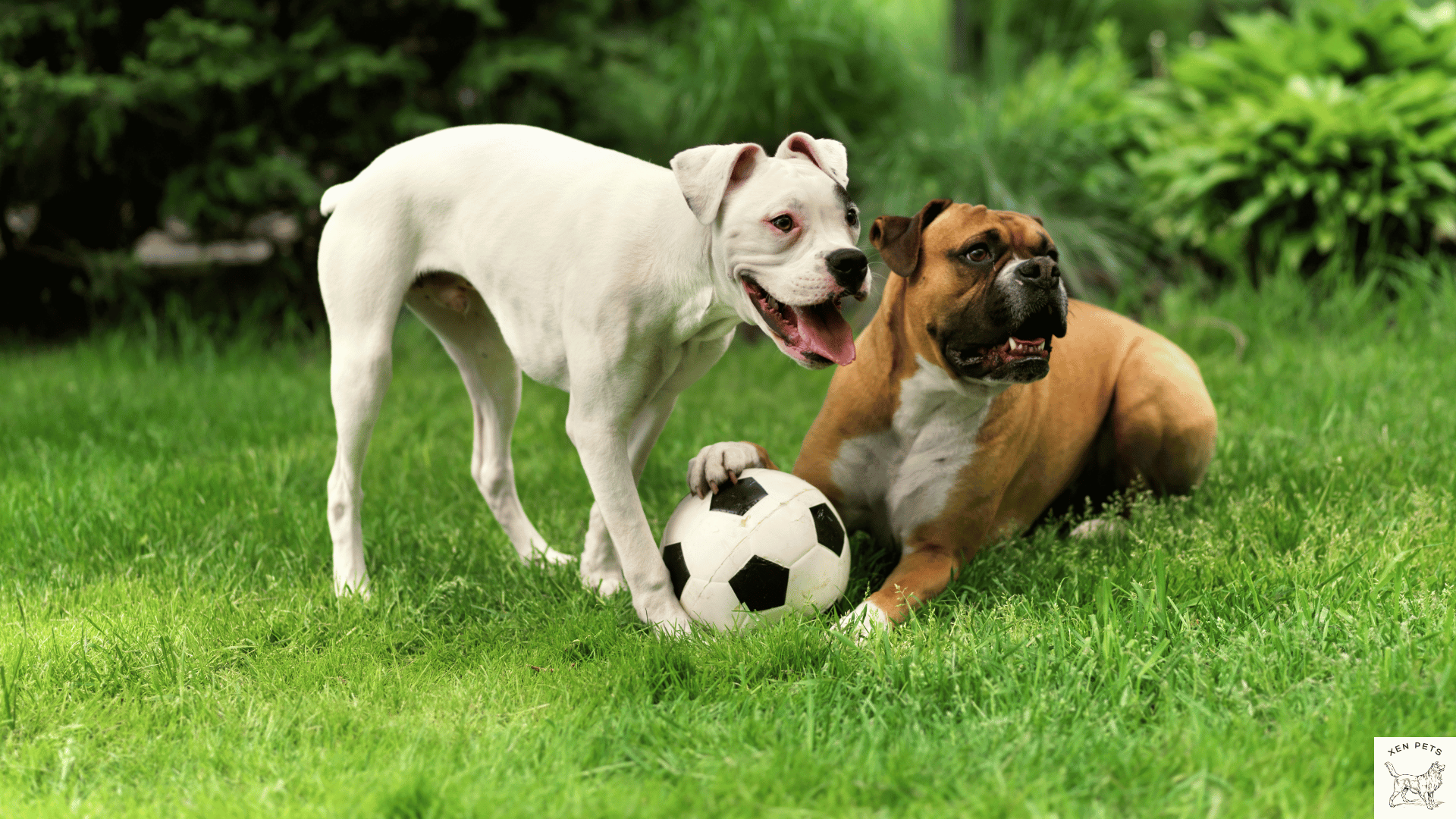
Dogs communicate with us not only through barks and tail wags but also through their body language.
As dog owners, it's important to pay attention to your dog's behavior and recognize when they may be panting excessively due to excitement or stress.
Panting is a way dogs regulate their body temperature, but when the panting seems excessive and out of the ordinary, it may be a signal that your dog is trying to communicate their feelings to you.
Whether it be the thrill of a new toy or the anxiety of a thunderstorm, observe your dog's other behaviors and surroundings to help determine the root of their panting.
By doing so, you can address any underlying issues and ensure your furry friend is happy and healthy.
4. Your dog may be panting due to chronic illness
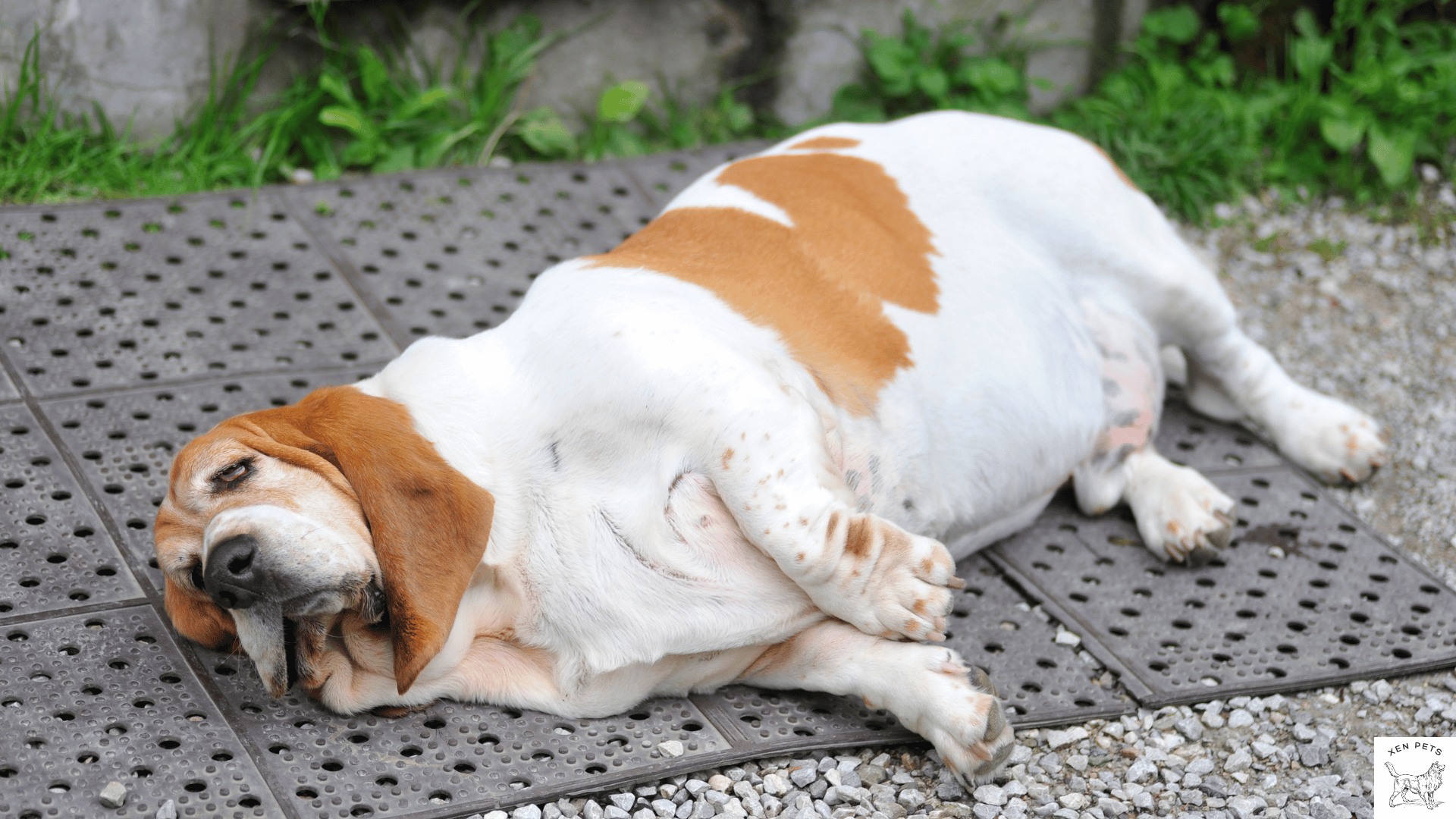
As a dog owner, you may have noticed your furry friend panting heavily after intense exercise or during hot weather.
However, if this panting seems to become chronic or more severe, it may be an indication of an underlying health issue.
Dogs who pant excessively may be experiencing a variety of chronic illnesses from heart or lung disease to obesity and dehydration.
It's crucial to take notice and seek veterinary care if this behavior persists.
5. Your dog is happy!
Have you ever noticed your dog panting while they play?
While it may be concerning at first, panting can actually be a sign of happiness in healthy dogs.
It's their way of regulating their body temperature and releasing excess heat. In fact, panting is a natural mechanism that helps your dog cool down when they are excited or exercising.
However, it's important to keep an eye on your furry friend and make sure they are not overexerting themselves.
As long as your dog is happy and healthy, there's no need to worry about their panting.
It's simply a sign that they are enjoying themselves and having a great time!
Why is my dog always panting at night
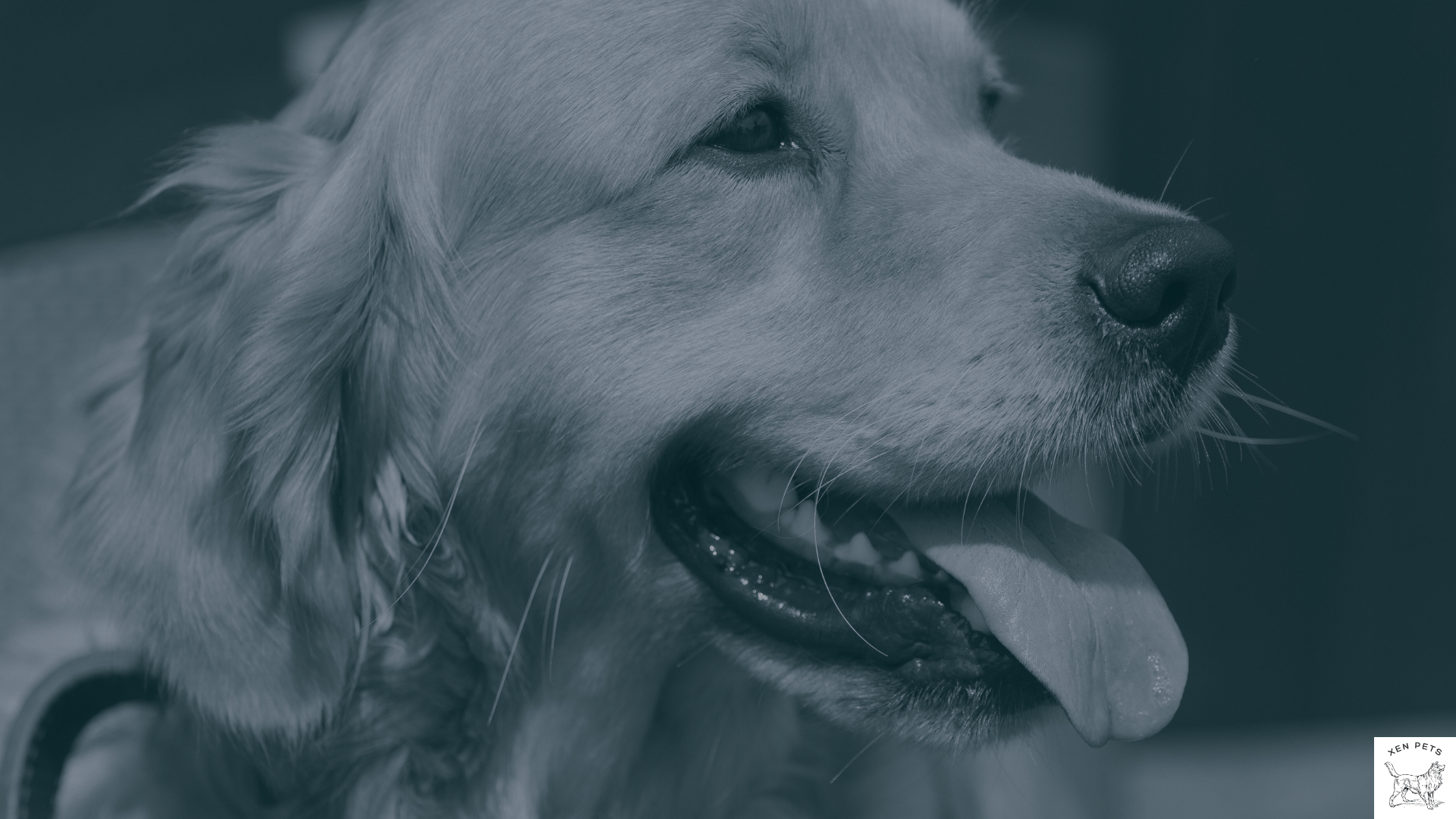
If you've noticed your dog is excessively panting at night, it's important to keep an eye on them.
While it's normal for dogs to pant and pace during the nighttime hours, it can also be a warning sign of more serious health concerns like anemia and Cushing's disease.
It could also be a sign of heart problems, respiratory disorders, or even an early symptom of cancer.
If you notice your dog panting abnormally, it's best to consult with your vet so they can give your dog a thorough check-up.
Remember, a little bit of panting and pacing is normal, but excessive panting is not something to take lightly.
How to calm a dog panting at night - 3 tips
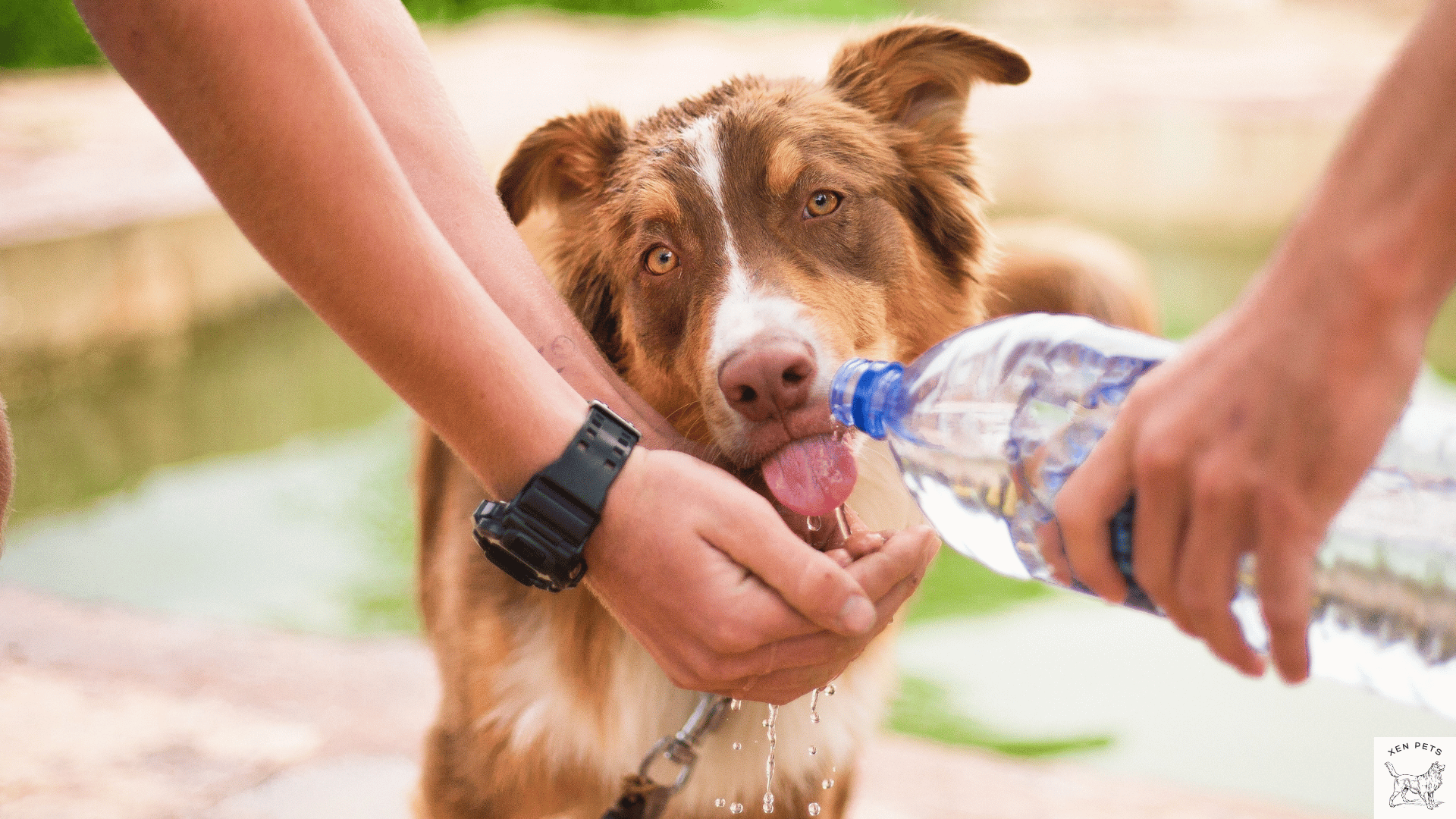
If you have ever seen your dog excessively panting, you know that they can become quite agitated and uncomfortable.
Fortunately, there are a few ways you can help calm them down.
- First, offer them some water. Dehydration can exacerbate panting, so it is important to make sure they are well-hydrated. Second, give your dog some space to relax.
- Sometimes, your dog may be panting because they are overstimulated or overexcited. Allowing them to retreat to a quiet and calm space can help them calm down.
- Lastly, you can cool your dog down to help them stop panting. This can be done with a cool towel or even a dip in the pool (if you're lucky enough to have one). By utilizing these calming techniques, you can help your furry friend find some relief from excessive panting.
Conclusion: Why does my dog pant so much?
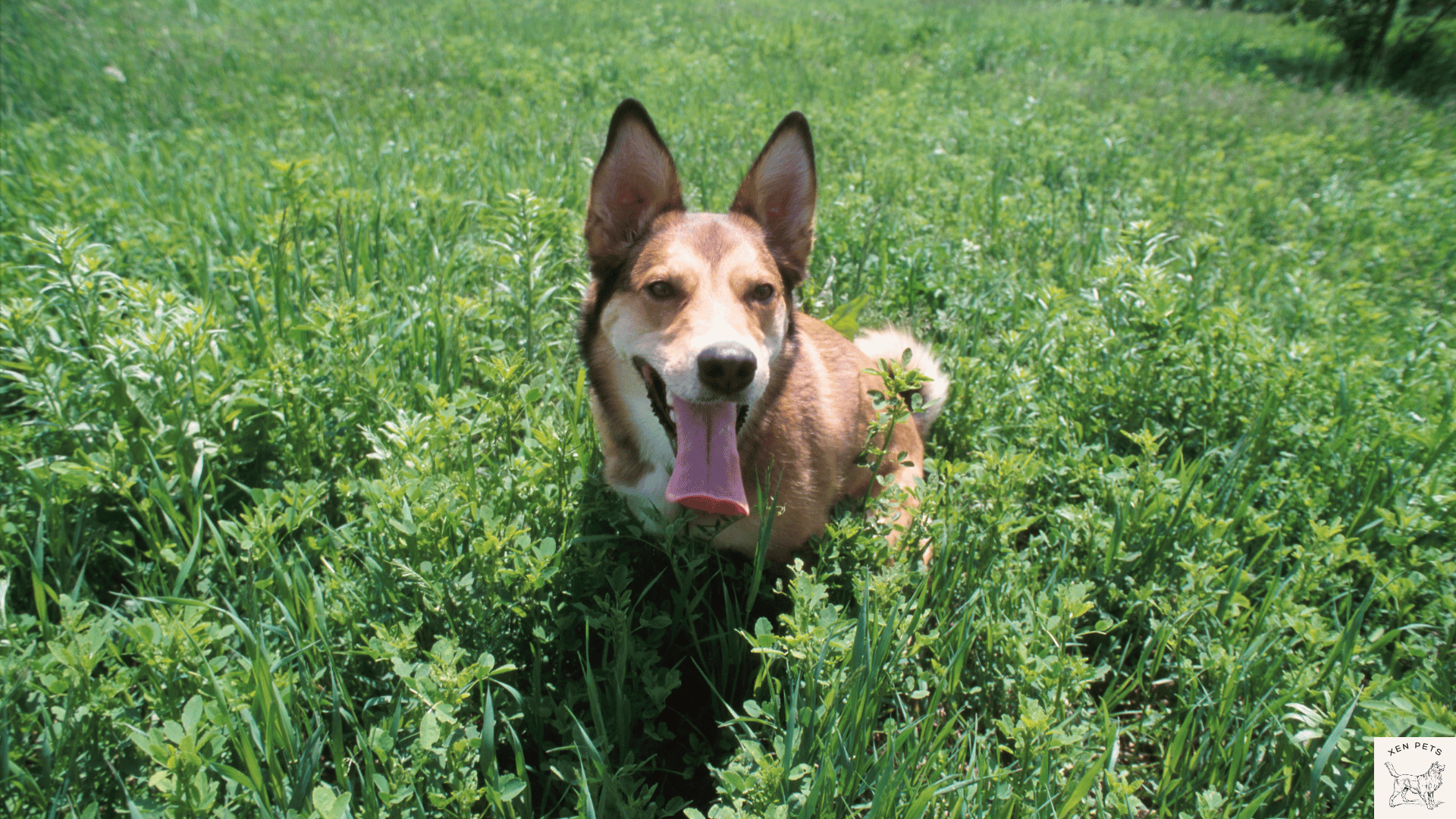
When it comes to our furry friends, it is important to pay attention to their bodies and breathing patterns.
By recognizing the warning signs that could be related to overheating, anxiety, stress or other health conditions, pet owners are able to provide the help their dog needs.
It is also very important to make sure your pup gets regular checkups with a veterinarian so that any potential health issues can be identified early on.
With these steps taken into account, our dogs can stay healthy and full of life like they should be!

